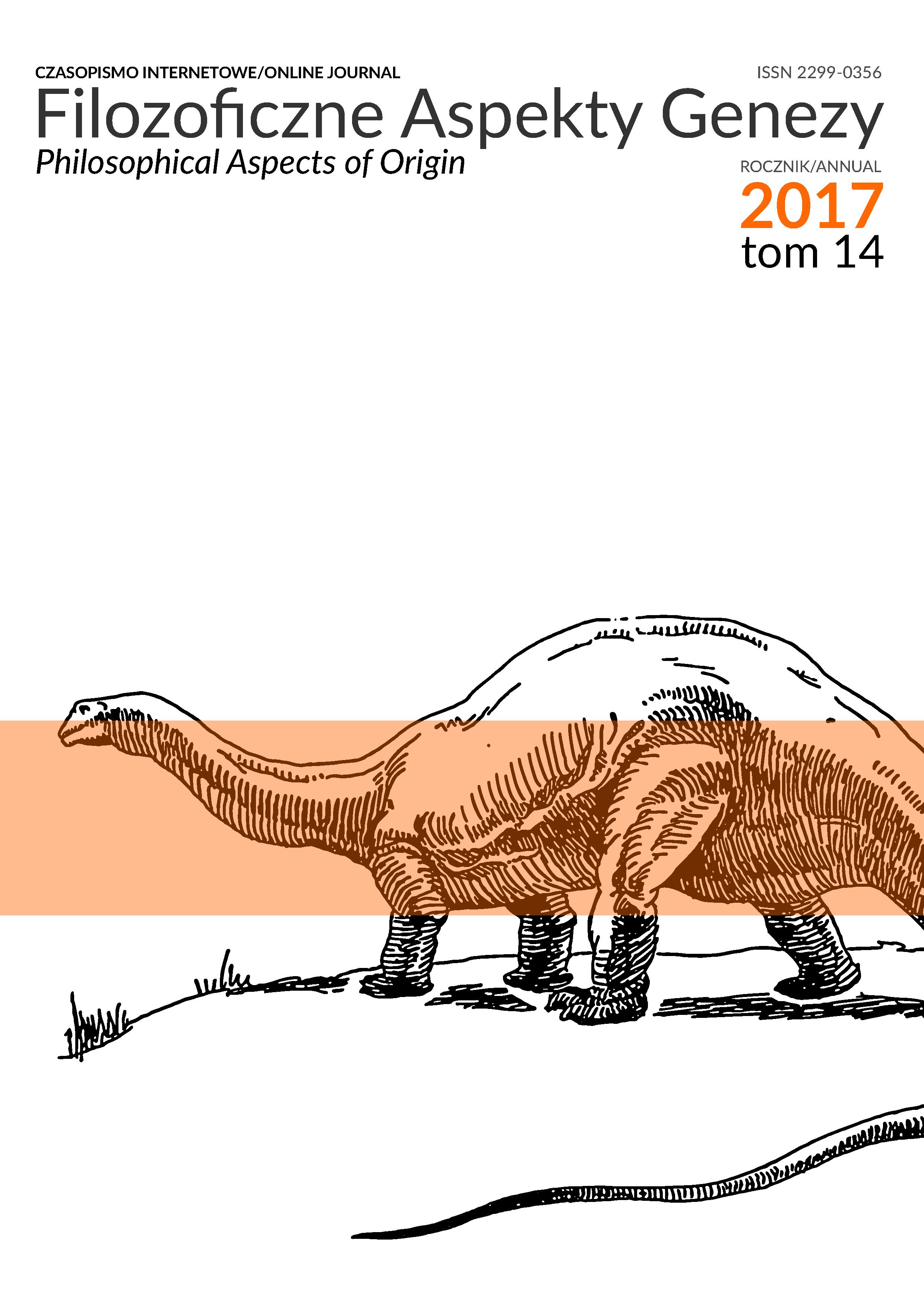Czym są epistemiczne układy odniesienia?
What Are the Epistemic Frameworks?
Author(s): Krzysztof J. KilianSubject(s): History of Philosophy, Philosophical Traditions
Published by: Instytut Filozofii, Uniwersytet Zielonogórski
Keywords: epistemic frameworks; bearers of epistemic frameworks; strong and weak sine qua non conditions for what counts as scientific; material and formal sine qua non conditions for what counts as scientific
Summary/Abstract: This paper sets out to explain why it is that epistemic frameworks as discussed so far have never functioned in such a way as to furnish a criterion of demarcation. It also seeks to shed light on why such frameworks, though only sine qua non conditions for what may be considered scientific, nevertheless play a leading role in science. As the history of the philosophy of science shows, there are many sine qua non conditions for counting as scientific. Moreover, it should be asked whether epistemic frameworks differ significantly from other sine qua non conditions. To answer that question, two distinctions are to be introduced with respect to such conditions: between strong and weak ones, and between material and formal ones.The paper also examines the reasonableness of separating epistemic frameworks from research programs and paradigms. Initially, epistemic frameworks look like they would lend themselves to serving as components of Popperian metaphysical research programs, as well as of the hard cores of Lakatosian scientific research programs. (In the latter instance, they could play the role of strong heuristic rules guiding scientific research.) One may also try to insert them into Kuhnian disciplinary matrices, where they will function as components of values or ontological models. Even so, the best candidates as bearers of such frameworks will be Feyerabendian natural interpretations, together with Lakatosian normative basic judgments.
Journal: Filozoficzne Aspekty Genezy
- Issue Year: 2017
- Issue No: 14
- Page Range: 191-235
- Page Count: 45
- Language: Polish

